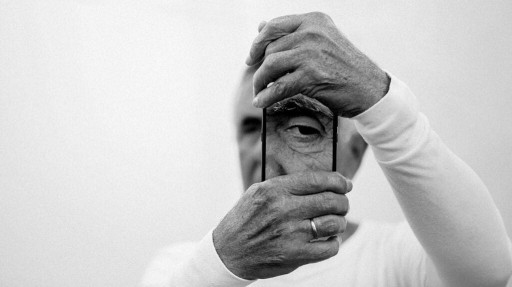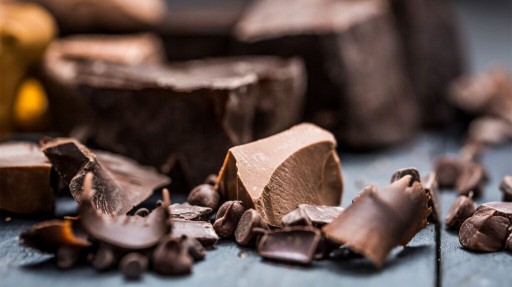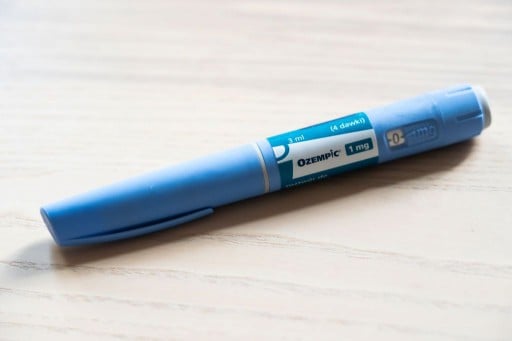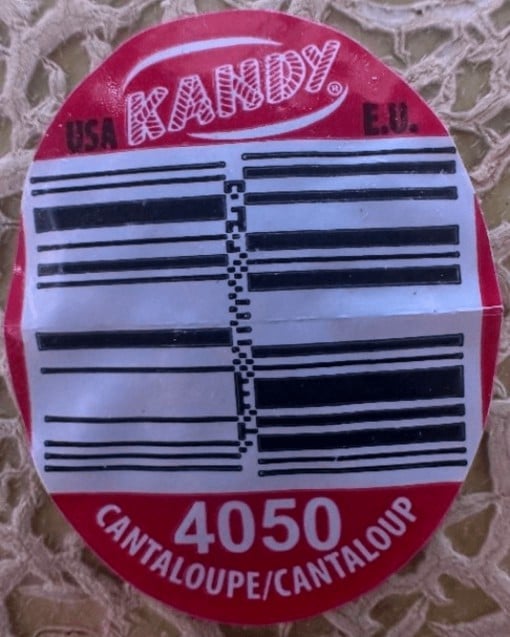- Castor oil packing means soaking a fabric (like a washcloth) with castor oil and placing it on your skin for a certain amount of time.
- The practice is praised for its detoxing qualities, though experts note there is little to no medical research on the wellness trend.
- Experts recommend checking with a healthcare professional before you begin castor oil packing.
Castor oil packing is all over social media, with wellness creators singing its praises.
Castor oil packing is reported to have an array of health benefits, most well-known for its ability to detox and cleanse the liver. TikTok users are raving about the positive effects, ranging from detoxing and supporting digestion to managing period cramps and improving skin.
“This is a traditional remedy that is used for a wide range of ailments from pains, to liver disease to constipation,” said Wajahat Mehal, MD, Professor of Medicine in Digestive Diseases, and Director of the Yale Fatty Liver Disease Program and the Yale Metabolic Health & Weight Loss Program.
The research that has been done on castor oil is older. “It has not been extensively investigated," Mehal said.
And, that research doesn't discuss the castor oil packing benefits you may see widespread on TikTok.
“The two best-studied benefits of castor oil packing are for constipation relief and certain skin conditions,” Joaquin Villegas, MD, a family medicine physician with UTHealth Houston, explained.
He noted that the FDA has only approved castor oil as a stimulant laxative.
"However, castor oil packs applied to the abdomen have been shown to be beneficial in reducing constipation symptoms," he said.
Getty Images / Magone
If You Want to Try Castor Oil Packing
Advice from experts is mixed regarding whether or not castor oil packing is worth trying.
“There's no evidence castor oil packing works, but it’s unlikely to be harmful,” Mehal said. “That being said, I suggest that no one try castor oil packing."
While castor oil has been shown to be beneficial for skin health and relieving joint pain, there are no studies to show its ability to detox.
“For skin benefits, castor oil is helpful in reducing skin redness, and itching and can moisturize the skin," Villegas explained. "Although there are mixed results on this, castor oil packs can also be used over joints to reduce the pain from arthritis."
Villegas reiterated that the biggest claim regarding castor oil packing—its ability to cleanse the body of toxins—doesn't have any research to back it up.
“Castor oil packing is not a cure-all," he said, pointing out that the practice may do more harm than good. "There are some potential side effects, including skin irritation or allergies, abdominal cramping, and nausea.”
Who Should Avoid Castor Oil Packing?
According to Villegas, the following groups of people should avoid castor oil packing:
- People who are pregnant or breastfeeding
- People who are concerned about allergic reactions and haven't conducted a "patch test" to ensure they can safely apply castor oil topically.
- People with an open wound
Making a Castor Oil Pack
If you're set on finding out for yourself whether or not castor oil packing works, there are a few things to keep in mind.
The first step of making a castor oil pack is to cut a piece of wool or cotton into rectangular pieces of the desired size. Pour castor oil into a container and soak 3-4 strips of fabric until they are completely soaked. Lay them on top of each other to create a castor oil pack.
Then, lie on a towel (to avoid dripping castor oil) and wrap the castor oil pack with a plastic sheet. The pack can then be applied directly to the area you're targeting; Villegas explained that many people advise heating it by placing a heating pad over the plastic sheet.
Apply the castor oil pack for 30 minutes to an hour, and place the pad back into the soaking container, where it can be reused at another time.
The application of castor oil packs should not be an everyday thing, aim for a maximum of three times a week.
Also, it's important to avoid heating the castor oil pack directly, since fabric can be flammable.
“The most common issue I have heard about is patients heating the castor oil pack in a microwave," said Villegas, "patients should avoid this since it can cause smoke and possibly a fire."
Patients should also avoid leaving the castor oil pack for longer than one hour since the heat could cause heat injuries, especially if used on a sensitive area.
Lastly, never use the heat source directly unto the skin to avoid heat injuries, Villegas advised.
Choosing the Best Castor Oil
Villegas adivses patients who are picking out a castor oil product to do the following:
- Read the ingredients on the label
- Castor oil is naturally odorless, so stay away from fragrances
- Look online for reviews about a particular brand or manufacturer to avoid particularly bad offenders
As is the case with any kind of supplement, it's best to check with a healthcare professional before adding castor oil packing to your routine, Villegas recommended.








